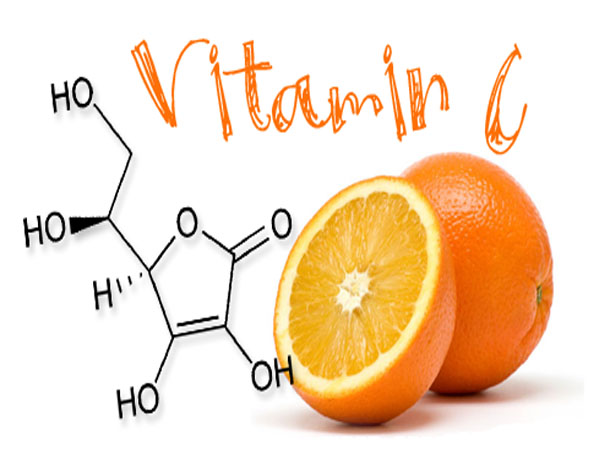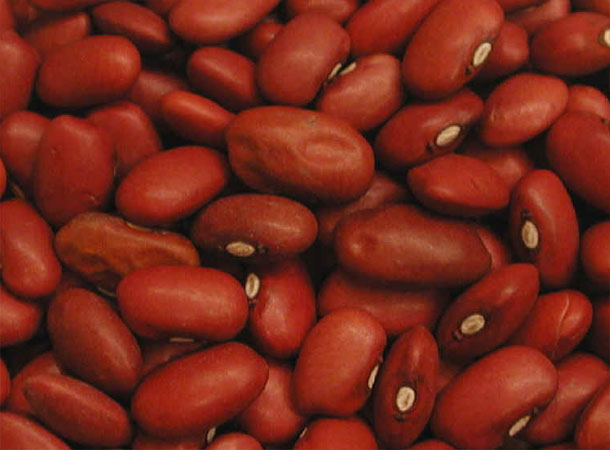A deficiency in vitamin C shows itself in several common ways in the body. While the signs and symptoms of Vitamin C deficiency are not too bothersome, the results of long-term low levels of vitamin C are very detrimental and worth making a priority. A severe vitamin C deficiency will result in scurvy, a disease resulting from the breakdown of collagen.
Scurvy will make you feel fatigued and lethargic. It affects bone and muscle strength and it stifles the immune system. Scurvy is rarely seen today, as only a very small amount of vitamin C is needed to prevent it.
Symptoms of a Vitamin C Deficiency
1. Fatigue
Early on, someone with a vitamin C deficiency will tend to get tired easily and experience reduced energy. Because chronic fatigue is a symptom of so many illnesses, it can be hard to catch a specific condition based on this symptom.
2. Mood Changes
Individuals with a vitamin C deficiency may become irritable or short tempered.
3. Weight Loss
As with other “wasting conditions” someone with a vitamin C deficiency may experience sudden weight loss.
4. Joint and Muscle Aches
Chronic pain in the limbs or joints can be a symptom of a vitamin deficiency.
5. Dental Conditions
Just as a healthy daily dose of vitamin C contributes to healthy teeth and gums, a deficiency can cause deterioration of the gums. Periodontal problems are a symptom of a vitamin C deficiency that has been allowed to develop to a hazardous level. This kind of deficiency was classically called “scurvy” when it happened to mariners who had no access to nutrients (or sometimes even fresh water) on long trips at sea. In today’s world, it is a rare but frightening condition.
6. Dry Hair and Skin
A change in hair and skin conditions can also signal that the body is not getting enough of vitamin C and other essential vitamins and minerals.
7. Infections
When an individual does not have enough vitamin C over time, this can have a negative impact on general healing of wounds and the fighting of infections. Generally, the body’s immune system will be compromised.
8. Eye problems
patients may complain of dryness, irritation, light intolerance, transient visual blurring and stickiness. Haemorrhaging (bleeding) beneath the conjunctiva and within the optic nerve sheath may also occur.
9. Heart and lung problems
shortness of breath, low blood pressure, and chest pain leading to shock and death.
Sources:
http://www.dermnetnz.org/systemic/scurvy.html
http://www.fitday.com/fitness-articles/nutrition/vitamins-minerals/8-symptoms-of-vitamin-c-deficiency.html
http://www.brainprotips.com







